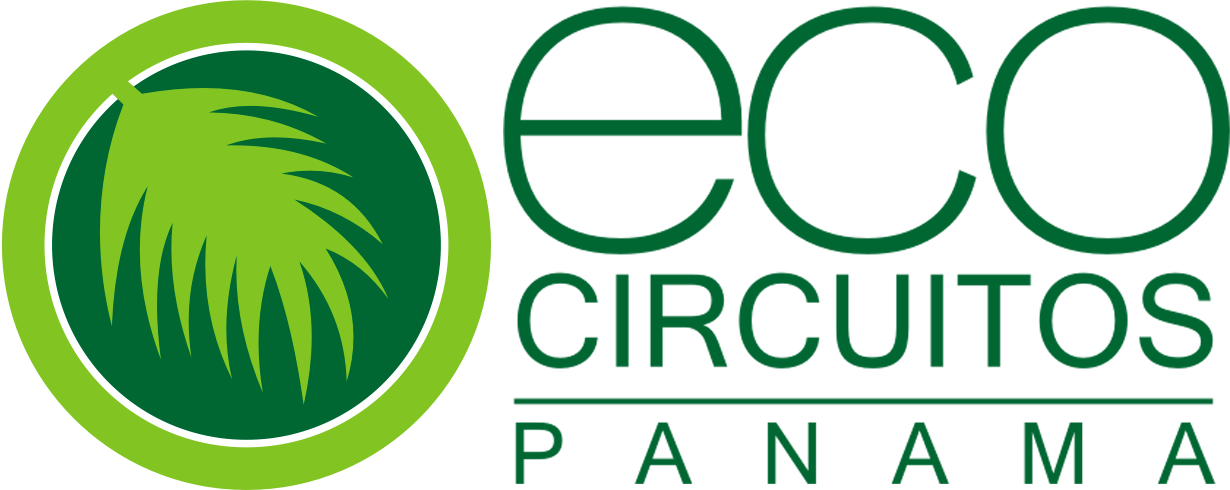Safety and Health
Panama is one of the safest tourist destinations in Central America; however, we recommend to always being cautious while sightseeing in the street or in crowded public areas. Avoid carrying your travel documents, valuables or large amounts of money in your purse or wallet.
You may need malaria prophylaxis if you are planning on traveling to remote jungle areas such as the Darien. There are several cases of dengue fever reported annually throughout Panama; so we generally recommend avoiding mosquito bites by wearing long clothes and using repellents. Yellow fever also exists in certain parts of Panama, mostly in remote Jungle areas like the Darien. We recommend consulting your doctor before your trip to decide, whether vaccinations are necessary or not.
Yellow Fever vaccination
As of November 01, 2008, Panama requires valid Yellow Fever Vaccination to enter or leave the country for the following countries:
South America: Bolivia, Brasil, Colombia, Ecuador, Peru, Venezuela.
Africa: Angola, Benin, Burkina Faso, Cameroon, Congo Democratic Rep., Gabon, Gambia, Guinea, Liberia, Nigeria, Sierra Leona, Sudan.
If you have any health concerns, we strongly recommend consulting your doctor or clinic before traveling.
Panama is listed as one of the countries where mosquitos are infected with the Zika Virus. If you are pregnant or are trying to become pregnant, we recommend consulting a doctor before and after your trip and strictly following steps to avoid mosquito bites.
Contact us on our 24/7 emergency number and we will assist you immediately: +507 6450-1093.
For medical emergencies in Panama City, contact the Paitilla Hospital, where most of the doctors speak English (and have studied in the United States or Europe) and offer high quality medical services.
Panama in general has excellent and reasonably-priced health care. Hospital San Fernando, Punta Pacifica and National Hospital, also offer very good health care options. In other cities in Panama, hospitals may not have the latest equipment, but doctors are well trained and professional (and usually speak English). We highly recommend all travelers to have international medical coverage, if necessary, purchase sufficient travel insurance before your departure from your home country.
Panama City has good water quality and can be consumed from the tap. Outside the city, the water quality is generally good as well; however, travelers are recommended to drink bottled water to avoid any possible illness. In Bocas del Toro and the San Blas Archipelago, as well as in the Darien Provinces, tap water is usually not drinkable. If in doubt, ask a representative at your hotel.
Please note, as tap water is considered drinking water in Panama, and – in an effort to be more eco-friendly – we do not provide bottled water on transfers around the country. Instead, we provide refillable stainless steel, PBA free bottles upon arrival to use en-route and keep as a souvenir.
Eating local food provides authentic insights in the local cuisine and directly supports the local population by buying local. However, we recommend using common sense and taking one’s dietary restrictions into consideration, as your body may not be used to local ingredients.
Panama City offers a variety of different international cuisine options combined with local flare. Outside of Panama City you will find typical Panamanian food in most restaurants. Panamanians eat a staple diet of rice, beans and meat with a variety of local vegetables and fruits such as yucca, plantains, squash, papaya, banana and watermelon. In Bocas del Toro, Colon and Guna Yala (San Blas Archipelago) provinces you can enjoy traditional fish and seafood dishes. For a list of options click here.
